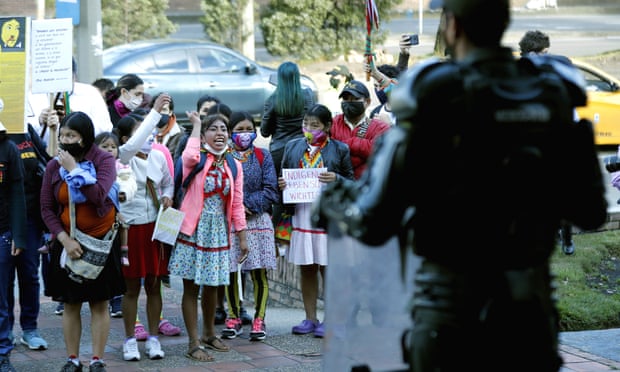On April 22nd, Vanessa Guillén, a first-generation Mexican-American soldier in the US Army, was seen for the last time in the Texan Fort Hood military base. Prior to her disappearance, Guillén had confided in her family that she had been sexually assaulted, but had feared confessing the incident to her leaders, the Washington Post reports.
Last Sunday, her family announced that human remains found buried 30 miles from Fort Hood belonged to Guillén, as confirmed by the Army. Aaron David Robinson, the main suspect for Guillén’s disappearance, took his own life after fleeing his post and a second suspect, Cecily Aguilar, has been charged with one count of conspiracy to tamper with evidence.
“It’s shocking and heartbreaking. And not surprising,” Martina Chesonis, an officer in the Air Force Reserve, said. The US military has reported a major spike in sexual assaults within its ranks, with an estimated total of 20,500 cases of unwanted sexual contact occurring in 2018, up from 14,900 in 2016. From these cases, only one out of three are reported to the authorities. Women in uniform explain how sexual assault allegations are often downplayed and ignored, contributing to a military culture that pressures survivors to keep quiet. “Her murder is rare, but the experiences of sexual harassment and being afraid of reprisal — that’s not unique,” Chesonis said.
Guillén’s death has sparked outrage and demands for accountability and reform throughout the country in a way unseen by recent history, service members have said. Col. Don Christensen, former chief prosecutor of the Air Force and president of the Protect our Defenders organization, calls this moment the military’s first #MeToo movement. The hashtag #IAmVanessaGuillen has empowered countless servicewomen and veterans to tell their own stories of sexual assault, harassment and indifference or even hostility within their chain of command on social media. On Monday, nearly 90 lawmakers joined Representative Sylvia Garcia (D-Tex.) in a letter demanding the Pentagon’s inspector general to launch an independent investigation into Guillén’s death. “The Army’s number one concern was about damage control to them versus helping Vanessa Guillén and helping her family,” said Christensen. “We need to really reform the military process for handling these cases.”
Unfortunately, sexual assault in the military is a problem far from unique to the United States. Similar shock and outrage has fueled protests and petitions in Colombia over two recent cases of sexual assault of indigenous girls by members of the Colombian military.
On June 22nd, a 13-year old girl from the indigenous Emberá tribe was gang-raped by seven Colombian soldiers who have confessed to sexually abusing the child. Only a few days later, reports emerged of a similar case in which Colombian soldiers were accused of kidnapping, torturing and raping a 15-year old girl from the Nukak Makú tribe last September. In the latter case, the general in command of the army’s fourth division said that an investigation had been opened and the suspected soldiers had been moved to administrative positions within the army, and would not say why it took months for the reports to reach the public.
Army General Eduardo Zapateiro has since revealed that at least 118 members of the Colombian army have been investigated since 2016 for alleged sexual abuse against children. Of these soldiers, 45 have been fired and the rest still face criminal and disciplinary investigation.
Aida Quilcue, a human rights adviser at the National Indigenous Organization of Colombia (ONIC), told The Guardian “we know that this is not an isolated issue, it is structural.” Bogotá-based activist Mafe Carrascal added, “it’s something systematic, and if their security training and doctrine doesn’t change and doesn’t include a serious human rights component, we can expect to see crimes like this becoming normalized.”
Amid coronavirus lockdowns, protesters have taken to the streets to demonstrate outside military barracks in Bogotá. Many have taken to social media and online petitions to demand maximum prison sentences for the charged soldiers; one petition collected over 61,000 signatures in a week.

Photo: Mauricio Dueñas Castañeda/EPA
Cases like these show us the progress needed to be made towards eradicating sexual assault and toleration of abuse within military institutions. But they have also shown us the powerful impacts of social media in bringing injustices to light and demanding the necessary change to hold those supposed to protect us accountable.
Photo: Chelsea Guglielmino/FilmMagic
